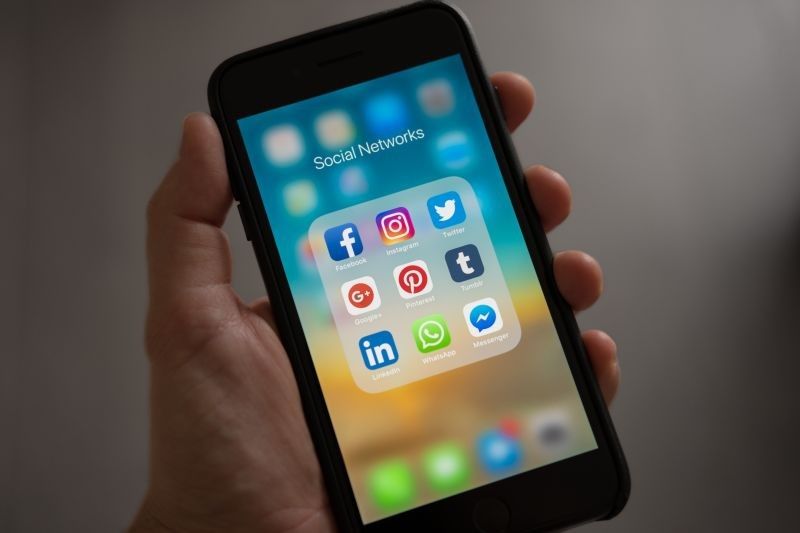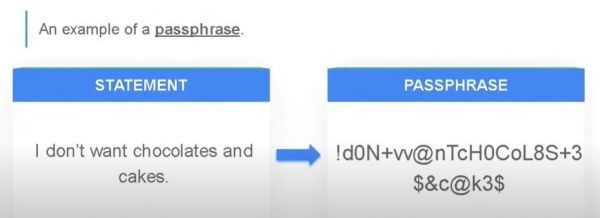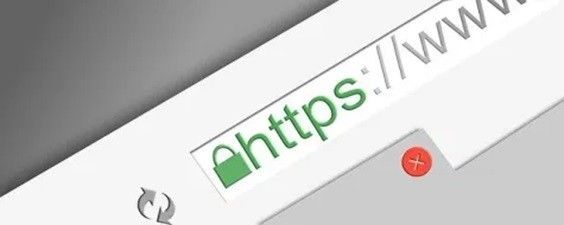9 ways to protect your social media account from hackers, scammers


Cybercrimes rose by 400% in 2020—and one of the top modus operandi is to steal information from your Facebook account.
We tend to let our guard down when we're on social media. We share updates about our personal lives, and impulsively click on interesting links—a fun video, a big sale, a free game. Some are legitimate, but many are traps. They ask you to “log in” and then take your passwords. It's like giving your housekeys to the Budol-Budol Gang.
"The Internet is like the real world: maraming manloloko," said Manila Bulletin Technology Editor Art Samaniego, who joined me in my PamilyaTalk episode on how to keep social media accounts secure.
Their favorite target is older women, or anyone who uses the Internet frequently, but is not necessarily tech-savvy. But if you know the signs of a suspicious site, or use the tools to improve your privacy and security, you can protect yourself from cyber-attacks.
Here are some of his tips.
1. Use a pass phrase, instead of a password
Don't just use your name and your birthday (like Juan1976), since anyone can derive that from public information.
Instead, pick something too long and complicated for people to guess. The ideal is 14 characters and combine letters, numbers and symbols. You can also check if a password is easy to hack, with Passwords.google.com.
Art recommends using a passphrase, such as this:

2. Don't recycle passwords
If hackers are able to steal your Facebook password, they'll try to use it on all other accounts they can find online—other social media like Instagram, email, banks, etc.
But how do you remember all those passwords? You can try having a basic password and just add a few letters for different accounts. "Suki+Password" for a shopping site, "FB+Password" for Facebook, etc.
But the safest and easiest way to keep track of passwords is to use a Password Management App like BitWarden or LastPass. These will store or even generate passwords for you. You can download these from Apple or Google Playstore.
3. Treat passwords like underwear
"Passwords are like underwear. Don't show to other people, change it often, and make sure you're the only one using it," says Art.
And in the same way, never trust a website that asks for it. Banks will never send messages or emails that ask you for your online banking details. And if you want to sign up for a contest or webinars, legitimate websites will ask for your email address. They won't ask you to "prove" your identity by giving out both your logins and your passwords.
4. Add layers of security
Most websites will let you use two-step verification, where you're prompted for both a password and another piece of information like a code. It's like using a double-lock on your door.
"Ninety percent of hacked accounts did not have two-step verification," says Art. Here's what you can do right now to protect your social media accounts: use Google's 2-Step Verification or download the Google Authenticator App. When you log into your social media, they send a 6-digit code to your phone.
Most websites have that option. Just go their menu or your profile and look for "Advanced Security Settings."
5. Use secure websites or apps for cash transactions
Online payment and shopping is very convenient, but always make sure you do them on a safe and secure site. Look at the website url or address. It should read "https" and have a padlock next to it.

Never do any kind of sensitive cash transaction using public WiFi. If you can't avoid that, use the app instead of the website—it's harder for hackers to break into them.
6. See an 'Internet Doctor'
A regular security checkup can see you find out "weak spots" where hackers can attack you, and prescribe the best steps to protect yourself. Best of all, it's easy and free! Just go to g.co/securitycheckup – it will tell you your compromised passwords, duplicated or weak passwords and more.
“Passwords are like underwear. Don’t show [them] to other people, change it often, and make sure you’re the only one using it,” says Manila Bulletin Technology Editor Art Samaniego in an episiode of PamilyaTalk.
7. Keep your apps and software up-to-date
Software and app developers are constantly improving their features, and that includes security. Make sure that you're always running the latest version on all devices., or visit your settings to enable auto-updates.
8. #ThinkFirst before sharing information
This includes:
Personally Identifiable Information (PII) which can be used to directly identify or contact you. It's also information that banks or government agencies will often ask to verify your identity, so if anyone steals them they can pretend to be you.
- First name
- Last name
- Screen name
- Address
- Phone number
- Birthday
Linkable information which can be combined with other info to identify, trace or locate you
- Medical
- Education
- Financial
- Employment
Some sites may ask for this information for very legitimate reasons. For example, a food delivery app will need your address and mobile number, and they may ask for your birthday for promos. But be sure you understand why they need this info, how they will use it, and what are the terms and conditions of use.
Check their Privacy of Informations and TOC (Terms of Conditions) to make sure that they don't sell that information to third parties, or use it for any reason you haven't agreed to.
Protect your kids online
"Ang Internet, delikado. Sa tunay na buhay, papupuntahin mo ba ang anak mong 10 years na babae sa Quiapo na mag-isa nang madaling araw?" says Art.
Children need to be protected and guided online. They may be tech-savvy and understand how to use gadgets, but they're still vulnerable to Internet bullies, scammers, hackers, and sexual predators.
Art recommends using Messenger Kids, Google Family Link, and parental control apps that let you limit hours, the types of content, etc.
You should also know their social media accounts and their passwords. Just explain the reason why, Use this as a chance to also have a real, deep conversation about Internet safety, and get their opinions and ideas.
The second epidemic
Art believes that cybercrime is the "Second Epidemic". COVID-19 quarantine measures forced us to do everything online, and we weren't prepared for the dangers.
But now that we know the risk, we have to take safety steps—not just for ourselves, but our loved ones. When a hacker breaks into our social media account, it's easier for him to contact the people on our Friends' List, or to stalk our posts and find out more information about our family.
"Just like you wear a mask to prevent the spread of a virus, use the right security measures to stop the spread of cybercrime," says Art. You can watch the full interview on KapamilyaTalk.
--
I'd love to hear from you! Share your stories and tips or suggest topics at jingcastaneda21@gmail.com. You can also follow my social media accounts: Instagram,Facebook, Youtube, Twitter, and Kumu.



















